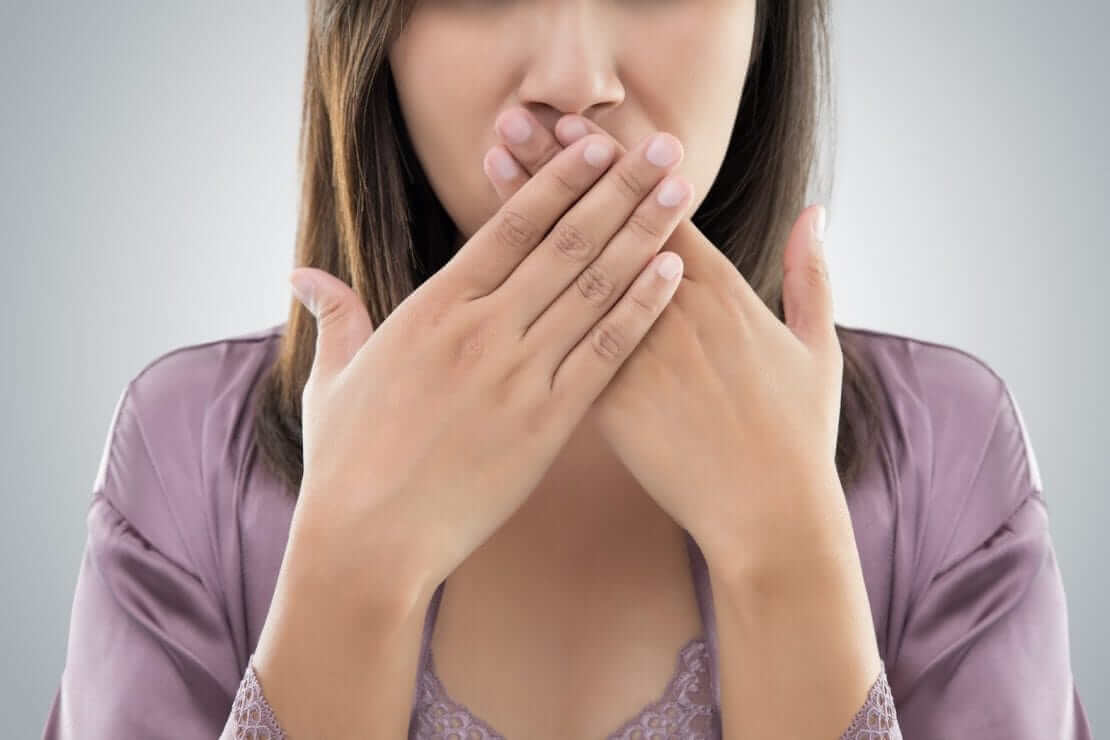
Bad breath, also known as halitosis, is a common condition that can affect your confidence and social interactions. While it’s normal to have occasional bad breath after eating strong-smelling foods, chronic halitosis may signal deeper oral health issues. Understanding the causes and how to treat them is the first step toward fresher breath and better oral health.
Can Flossing Prevent Bad Breath?
Absolutely. Flossing removes food particles and plaque from between your teeth — places a toothbrush can’t reach. When debris is left behind, bacteria break it down, releasing unpleasant odors. Regular flossing, combined with brushing, is one of the most effective ways to fight halitosis.
Do Dentures Cause Bad Breath?
Dentures can contribute to bad breath if they’re not cleaned properly. Bacteria and food particles can accumulate on dentures just like on natural teeth. Removing and cleaning them daily, along with soaking them overnight in a proper solution, can help prevent odor.
My Mouth Is Always Dry
A dry mouth, or xerostomia, is a major contributor to bad breath. Saliva naturally helps wash away bacteria and neutralize acids. When saliva production decreases due to medications, dehydration, or certain health conditions, bad breath can worsen. Drinking more water, chewing sugar-free gum, or using a saliva substitute can provide relief.
What to Eat to Prevent Bad Breath
Your diet plays a big role in oral freshness. Crunchy fruits and vegetables like apples, celery, and carrots help clean your teeth as you chew. Herbs such as parsley and mint naturally freshen breath. Avoiding excessive coffee, alcohol, and sugary snacks also reduces the risk of halitosis.
Proper Oral Hygiene Routine
A strong oral care routine is the foundation of fresh breath. Brush twice a day with fluoride toothpaste, floss daily, and don’t forget to brush your tongue — where odor-causing bacteria often thrive. Mouthwash can provide temporary freshness, but it shouldn’t replace brushing and flossing.
Schedule with Your Dentist
Sometimes, persistent bad breath may point to gum disease, cavities, or other oral health concerns that require professional care. Scheduling regular dental visits ensures these issues are identified and treated early.
Conclusion
Halitosis can be frustrating, but the good news is it’s often preventable and treatable with good oral hygiene, smart dietary choices, and professional dental care. If you’re struggling with bad breath or want to improve your oral health, Modern Bite Dentistry in Frisco is here to help with personalized, comprehensive dental care tailored to your needs. Feel free to contact us today!


